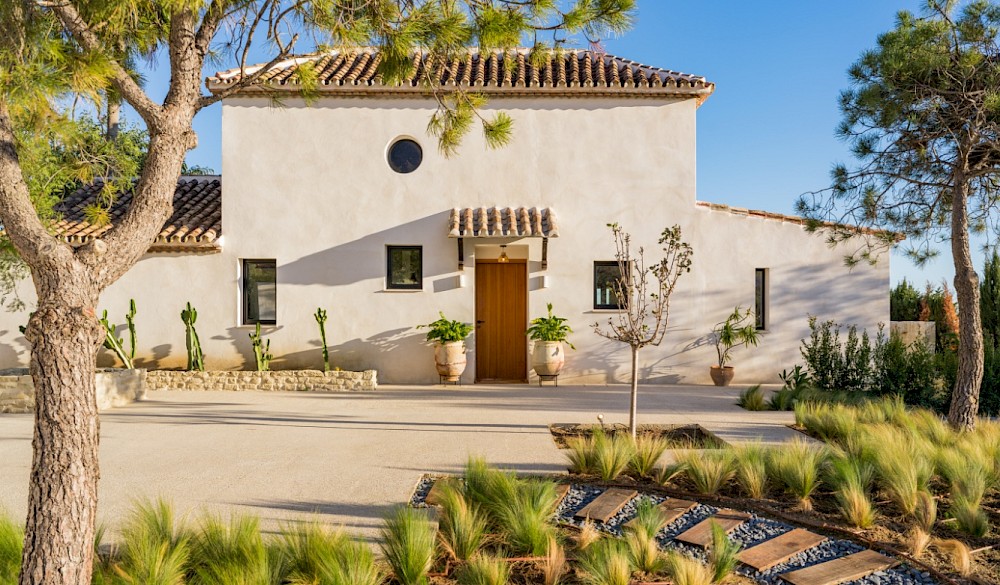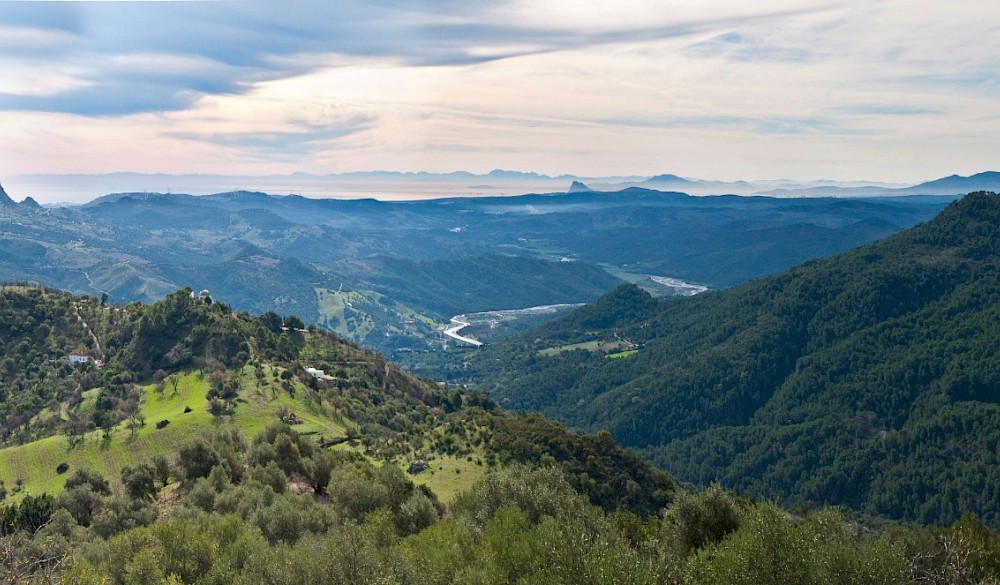The Christmas period is full of tradition wherever you are from, and Spain is no exception. Here, we look at just some of the traditions that are still enjoyed throughout the festive season.
1. Spanish Christmas Carols (Villancicos)
Villancicos have existed for many centuries in Spain. In fact some date back to as early as the fifteenth century. It is thought that they originate from chants that used to be sung by farmers and rural workers in rural Spanish villages. The custom of singing them at Christmas arose when they took on a religious context.
2. The Christmas Lights in Malaga
Málaga’s Christmas lights have become one of the most talked-about festive attractions. Every day there are illumination shows accompanied by popular Christmas songs. Almost 2 million LED bulbs light up Malaga at Christmas and the light and sound show attracts millions of visitors.
3. Christmas Nativity Scenes in Andalusia
One of the most endearing features of Christmas in Andalucia are the live nativity scenes (belénes viviente), where the locals dress up as characters, alongside four-legged actors including sheep and donkeys. Cadiz province is especially renowned for these.
4. El Gordo – Traditional Spanish Christmas Lottery
If you think that the Spanish Christmas lottery seems a bigger deal than most other lotteries you’re familiar with, you’re not wrong.
The top prize now reaches €4 million and there are hundreds of smaller prizes up for grabs. Ticket sales start as early as July, and the excitement culminates at 9 a.m. on the 22nd December, when millions watch the winning numbers being drawn, hoping that they may strike it lucky.
5. Dia de los Santos Inocentes (All Fools Day)
This is one of the most popular and fun traditions of Spanish Christmas. It is celebrated on the 28th December and is characterised by people playing pranks on each other.
The celebration is based on the bible, when Herod ordered all infant boys under the age of two in Bethlehem to be killed. Over the centuries it has evolved into a lively day with even the media reporting on crazy and false news stories.
One of the most notorious pranks on this day is to place a small white paper doll on someone's back (without them realising).
6. Eating 12 Lucky Grapes
The Spanish tradition of eating 12 grapes at midnight on New Year’s Eve is an attempt to ward off bad luck in the year ahead. There are few Spaniards who will risk their fate for the coming year by not eating a grape for each stroke of midnight.
It’s not clear exactly when the tradition started but it is thought to be over a century old. One theory is that in 1909 a large crop of grapes in Alicante led growers to find a creative way to use their surplus crop.
7. Three Kings Day
Instead of Father Christmas, in Spain the Three Wise Men—or los reyes magos—take centre stage at this time of the year. They bring Spanish children their gifts the night before Three Kings Day on the 6th January.
While some Spanish families have also embraced the Santa tradition in recent years, Los Reyes Magos are still more important in Spain. The traditional food on this day is a crown-shaped dessert, also known as the roscón de reyes. It is a sweet bread-like cake often filled with cream and topped with dried fruits.
Image: Miguel Gonzalez Novo






